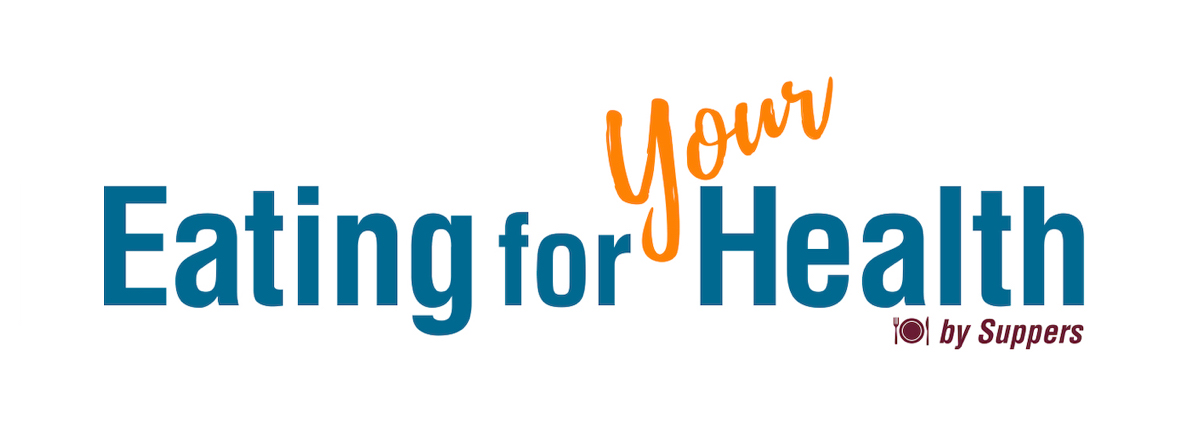This is not my idea originally, but I got a lot of credit at our meeting for bringing it into our group. It’s an activity called “Play It to the End.”
The issue was self-sabotage. Everybody in our group attends Suppers in the hope of turning around long-term eating patterns that have gotten us into a lot of trouble. Some of us are literally digging our graves with our forks. We’ve eaten out of control until the diagnosis of diabetes stirred the fear of God in us. Our eyes were wide open. Every time we put something in our mouths, we were there (if not consciously present). Some of us knew it ran in our families. Still, we dug deeper.
One member said her best form of self-sabotage was continuing to socialize with people whose favorite activities were eating and drinking. Another said she could trick herself every time by telling herself, “Oh I’ll just eat two.” Wrong. Two equals twenty. Most of us had some experience with the skip-breakfast-save-calories logic. Bad. But the form of self-sabotage we all did over and over was to seduce ourselves into eating by blindly anticipating the pleasures of eating, without remembering the consequences.
So my contribution to Suppers is the activity called “Play It to the End.” Here’s how it works.
The speaker recounts a made-up story about indulging in a favorite – and problematical – food, but has to tell the whole story, including the part about the consequences. This is “playing the tape to the end.” Here’s my story:
“We are at a reception and the dessert table is beckoning. There is a cheesecake dripping with cherry sauce, three kinds of chocolate cake, a key lime pie, champagne flutes of chocolate mousse, and five kinds of cookies. I take slivers of each of the chocolate cakes. I am in heaven. The one with a layer of chocolate ganache is especially delicious. I go back for a bigger slice, plus a wedge of key lime pie and a few cookies. For ten minutes I am totally happy. I swallow the last bite. Now it’s all in my stomach. I think about the calories, the fact that it’s 9 p.m., and how I’ll probably be up for three hours in the middle of the night after so much sugar and stimulation. Of course I sleep badly. I feel bloated and disgusting. I kick myself for forgetting the consequences of late night blasts of sugar.”
I have imagined the first part of scenes like this again and again, but for some reason remembering the whole experience doesn’t come automatically. The automatic part of my brain only recalls the anticipation and the eating. It requires my full, conscious participation to recall the consequences, but I have spared myself many nights of lost sleep since I learned to play my eating scenarios to the end.
Let members share their imaginary experiences of anticipating, eating, and then feeling the consequences of consuming a food that acts more like a drug for them. To help you get started, you may use a prompt:
There was a bowl of chocolates on the table. . .
Everybody wanted to go for ice cream . . .
I am passing my favorite fast food joint and . . .
